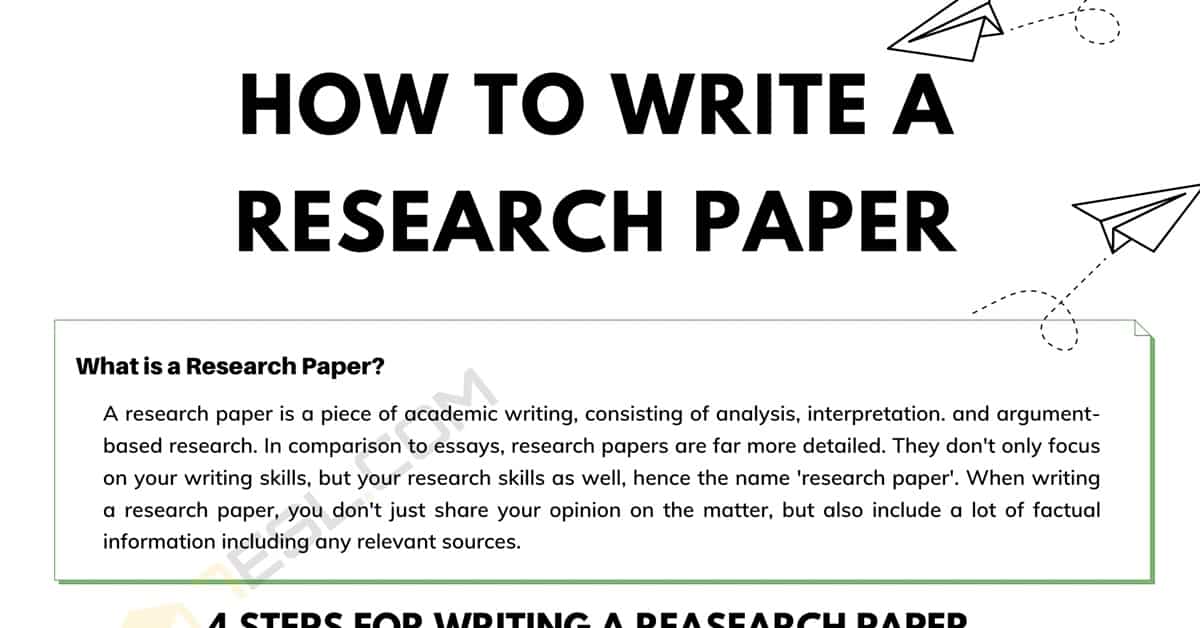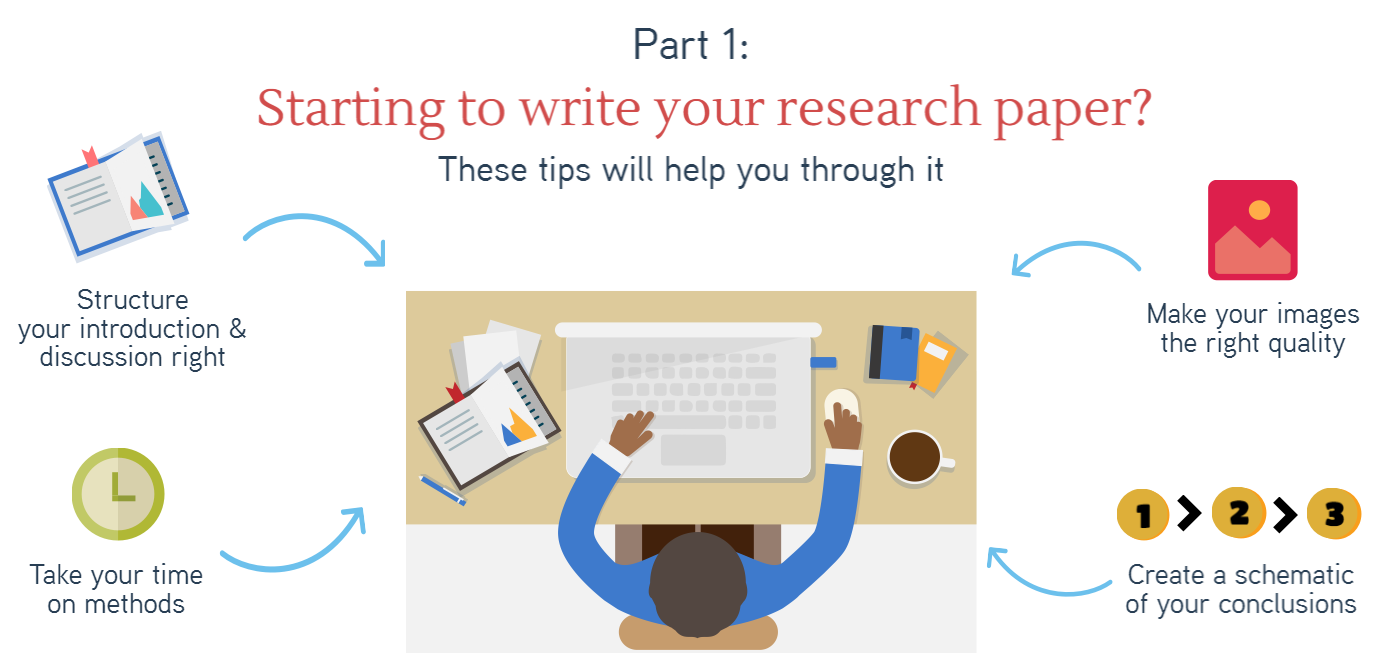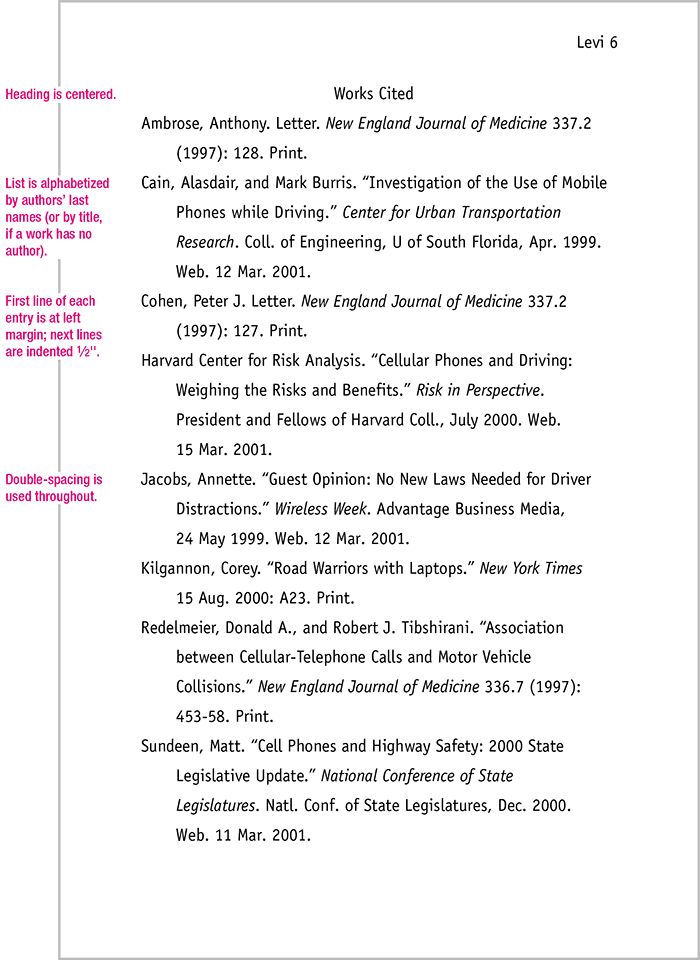How long does it take to write a research paper? The length of your paper will determine the quality and length of your work. A four-page paper can take you about 50 minutes to type or about 1.7 hours to handwrite. If you include citations, links, and graphics, the writing process could take you up to 6.7 hours. To determine how long it will take you, divide the total word count by the number of pages you need to complete.
Generally, research papers are divided into several sections and headers. Using a guide like a Word processing program can help you organize your ideas. Make sure to check for inconsistencies and proofread your paper a few times before submitting it. Remember, your first draft is not final; it can be rewritten if necessary. Make sure to read it aloud to ensure it is correct. If you don’t feel confident enough to check your work, ask a friend or professor to give you feedback.
Choose a topic that interests you. Your professor will be able to guide you in choosing a topic that is both engaging and interesting to you. The next step is to think of the topic as a question rather than a thesis. Start by reading class materials and jotting down ideas and sources for your research. You can also ask your professor for suggestions or seek advice from your advisor. You should also read opposing viewpoints in order to learn more about the subject you choose.
While writing a major research paper should be a pleasure, real life can sometimes make it difficult to concentrate on the project. For instance, it may be difficult to imagine thinking about an assignment due in a month or two, let alone writing it. Listed below are guidelines for how long it takes to write a research paper. You can follow these guidelines to meet the requirements of the assignment. And remember, the more time you have, the better.
Depending on the topic and the length of your paper, it can take between five and twenty hours to complete a paper of about ten pages. However, it can take you longer, especially if you’re a slow writer. Remember that the length of your paper depends on how detailed your research is. If you’re a slow writer, you can take a full day or even two to write a ten-page essay.
When deciding how long to write a research paper, keep in mind that it can get complicated. Rather than writing in one long paragraph, consider breaking your outline up into two or three sections. This will help you stay organized and control the flow of your paper. It’s best to fix any structural flaws while you’re writing the outline, rather than when the paper is in the final stage of completion. Remember to include all supporting evidence.
When choosing a source for your research paper, you should take the time to evaluate the validity of the source. While Wikipedia is a popular source, you should always use a reliable source, such as scholarly databases or the New York Times. Lastly, the library may be out of options when it comes to your research, but if you prepare ahead of time, it can still be a useful resource. If you know the exact date of your deadline, you might not have time to visit a library.
Generally, research papers require you to develop a thesis and then do the necessary research to support your argument. You will draw on a wide range of citations to analyze the evidence and make a case for your thesis. You’ll also need to analyze arguments and combine various pieces of information into a coherent argument. As you can see, a research paper takes quite a bit of time. But remember that if you are serious about getting a high grade, it’s worth it.
Planning ahead and doing a proper outline are important for writing a faster paper. This will help you allocate time efficiently and focus on the most important elements. Your outline should contain an essay hook, a tentative thesis statement, and your main message in the body paragraphs. While researching, you’ll want to familiarize yourself with the topic, research the topic, collect perspectives, and refine your thesis statement. While researching, take notes about everything you find, especially if there are no previous studies on the topic.




